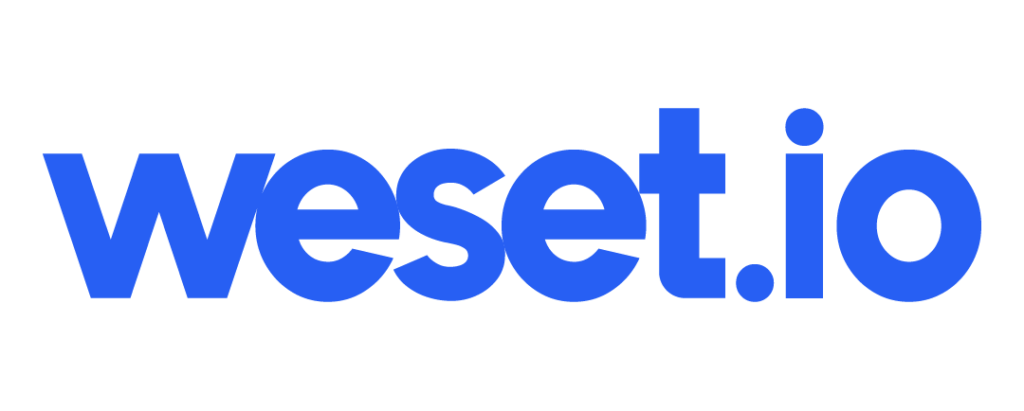Real estate tokenization is the process of representing ownership of a real estate asset in the form of a digital token. These tokens are usually built on blockchain technology and can be bought, sold, and traded like any other cryptocurrency.
In the past few years, there has been a lot of buzz around real estate tokenization and its potential to revolutionize the way we think about and invest in real estate. Here are some of the key benefits of tokenization:
- Increased Liquidity: One of the main benefits of tokenization is that it allows investors to buy and sell small fractions of a real estate asset. This makes it much easier to sell or liquidate your investment, as you don’t have to wait for a buyer who is willing to purchase the entire asset.
- Lower Barrier to Entry: Tokenization also makes it possible for investors to buy into real estate deals with smaller amounts of capital. Instead of having to come up with hundreds of thousands of dollars to purchase an entire property, investors can buy a small number of tokens representing a fractional ownership stake.
- Increased Transparency: Because tokenization involves the use of blockchain technology, all transactions are recorded on a public ledger. This increased transparency can help to reduce the risk of fraud and ensure that all parties are held accountable.
- Improved Efficiency: Tokenization can also make the process of buying and selling real estate assets more efficient. Traditional real estate transactions can be slow and cumbersome, with lots of paperwork and intermediaries involved. Tokenization streamlines this process by automating many of the steps and reducing the need for manual intervention.
Despite these potential benefits, real estate tokenization is still in its early stages and there are a number of challenges that need to be addressed. Here are some of the key obstacles that are currently facing the industry:
- Regulatory Uncertainty: One of the biggest challenges facing the real estate tokenization industry is the lack of clear regulatory guidance. Governments around the world are still figuring out how to handle the use of blockchain technology and digital tokens in the real estate industry, and this uncertainty is causing many investors to hold back.
- Limited Adoption: While there have been a number of successful real estate tokenization projects, the industry is still in its infancy and there is limited adoption of this technology. This lack of widespread adoption could make it difficult for investors to find buyers for their tokens and could limit the overall growth of the industry.
- Technological Challenges: Tokenization involves the use of complex technologies like blockchain and smart contracts, and there is still a learning curve for many investors and industry professionals. In addition, there are concerns about the scalability of blockchain technology and whether it can handle the demands of a large-scale real estate tokenization market.
Despite these challenges, the future of real estate tokenization looks bright. As regulatory issues are ironed out and more people become familiar with this technology, it has the potential to completely transform the way we think about and invest in real estate.
In conclusion, real estate tokenization has the potential to bring many benefits to the industry, including increased liquidity, lower barriers to entry, increased transparency, and improved efficiency. While there are still challenges to overcome, the future looks bright for this emerging technology.





